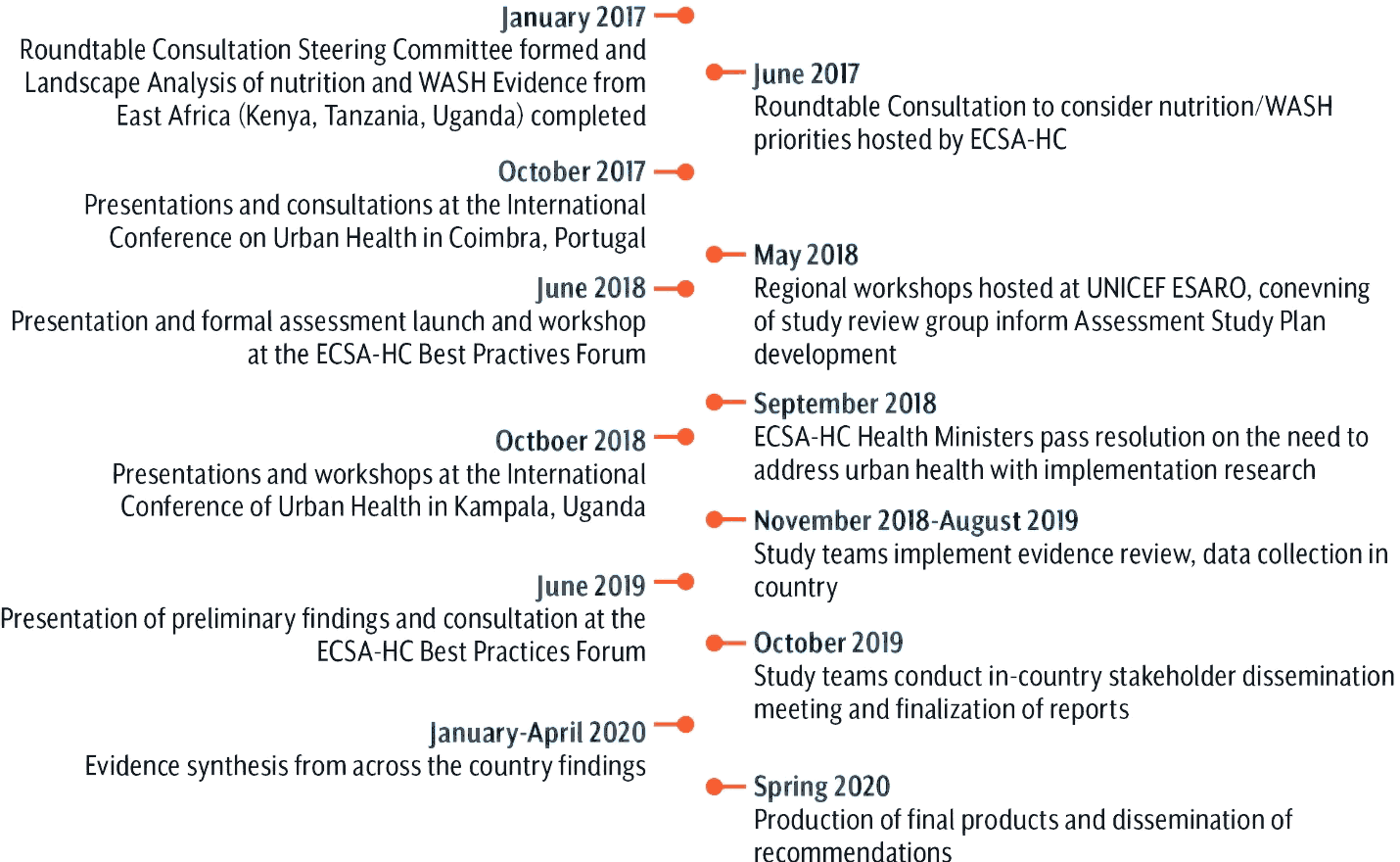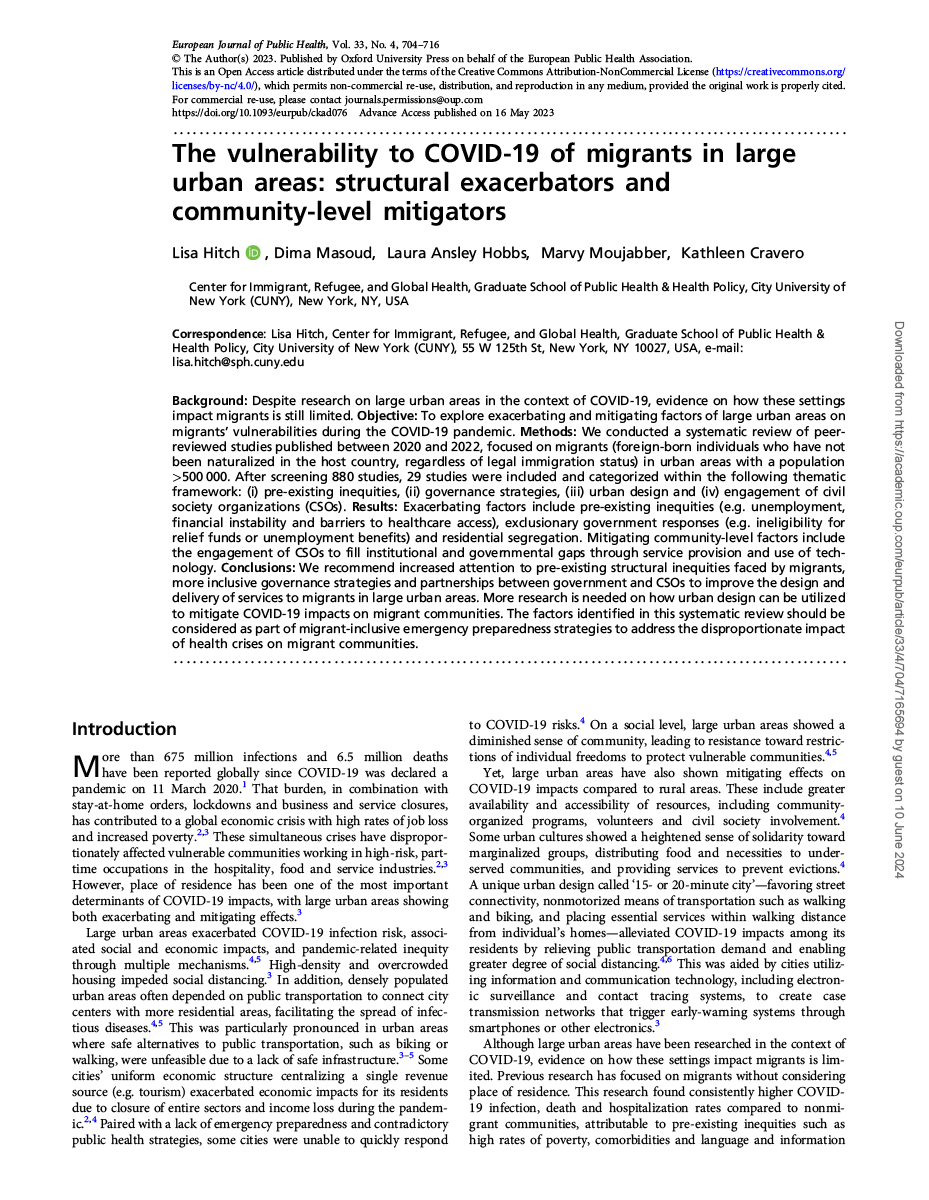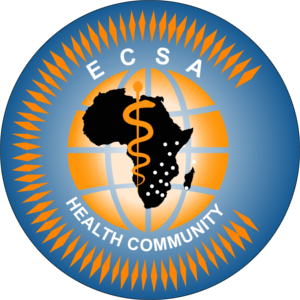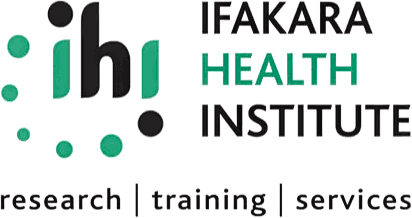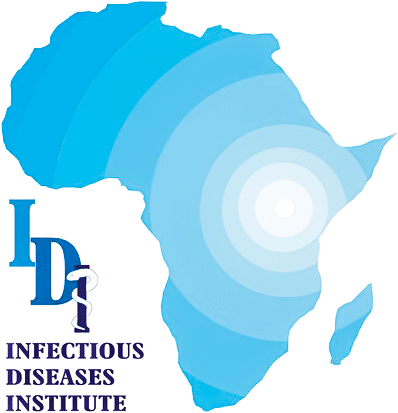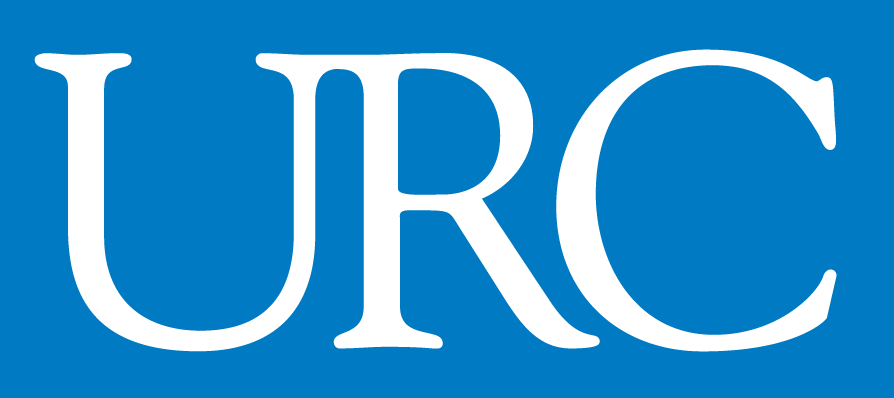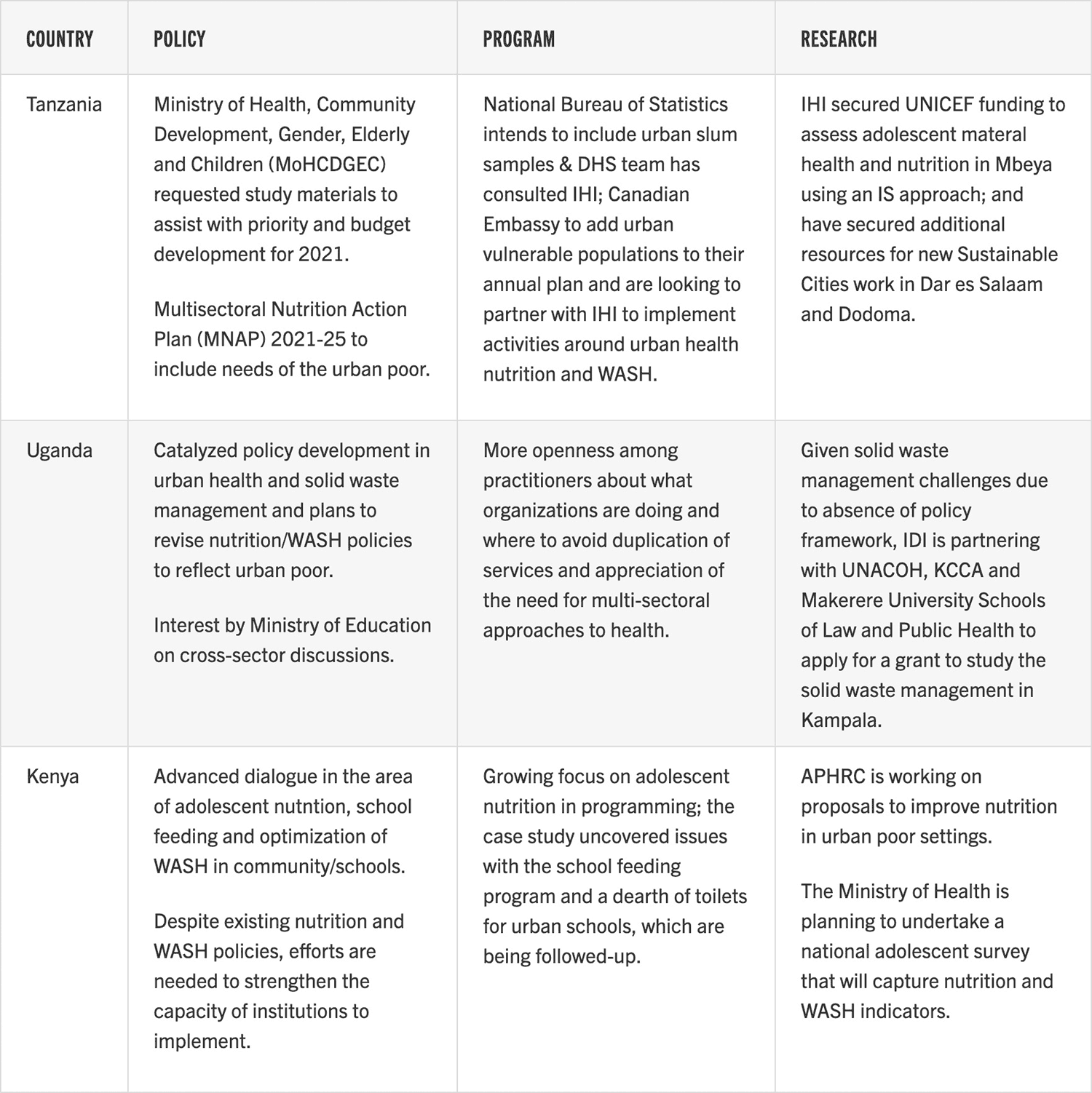Overview
By 2030, it is estimated that 60% of the world’s population will live in cities and urban areas. Rapidly expanding urban populations have led to overcrowded living conditions, poor infrastructure, and limited access to resources.
Persistent exposure to infections transmitted through water and sanitation pathways can lead to poor nutrition, compromised immune systems and a lifetime of physical and cognitive impairment. Failure to address the consequences of urbanization will perpetuate death, disability, and poor quality of life, and collaboration among researchers, implementers, advocates, community members, and policy makers has become urgent to take the necessary action to reverse this trend.
COVID-19 and Big Cities
To explore exacerbating and mitigating factors of large urban areas on migrants’ vulnerabilities during the COVID-19 pandemic, CIRGH conducted a systematic review of peer-reviewed studies published between 2020-2022 and focused on migrants in urban areas with a population >500.000.
After screening 880 studies, 29 studies were included and categorized within the following thematic framework:
- Underlying structural inequities
- Governance and economic structure
- Urban design
- Engagement of civil society organizations (CSOs)
Exacerbating factors include pre-existing inequities (e.g. unemployment, financial instability, and barriers to healthcare access), exclusionary government responses (e.g. relief funds or unemployment benefits), and residential segregation. Mitigating factors include the engagement of CSOs and the implementation of innovative governance strategies (e.g. e-governance and use of teleservices). We recommend increased attention to pre-existing social inequities faced by migrants, inclusive governance strategies, and partnerships between government and CSOs to improve the design and delivery of services to migrants in large urban areas. More research is needed on how urban design can be utilized to mitigate the COVID-19 impacts on migrant communities. The factors identified in this systematic review should be considered as part of migrant-inclusive emergency preparedness to address the disproportionate impact of these crises on migrant communities.
Study Design
Systematic Literature Review
Search Terms
(COVID-19 OR covid OR corona OR coronavirus OR sars-cov OR sars-cov-2) AND (migrant OR migrants OR Immigrant* OR Immigration OR newcomer* OR “asylum seeker*” OR asylee* OR “displaced person” OR “displaced people” OR “foreign born” OR “foreign worker*” OR “foreign domestic worker*” OR refugee* OR undocumented) AND (city OR urban OR cities OR metropolitan OR metropolis OR megacity OR suburb*)
Methodology
We conducted a systematic literature review in PubMed, Web of Science, and the WHO COVID-19 database, which generated 880 results. Inclusion criteria encompassed English, peer-reviewed literature with a focus on COVID-19 effects on migrants in cities with populations > 500,000. Both quantitative and qualitative study designs were included. Due to the newly emerging topic, we also included review papers, commentaries, and perspective pieces. Exclusion criteria included study protocols, validations studies, and clinical studies focusing on additional comorbidities.
After screening titles, abstracts, methodologies, and full texts, 29 studies were included. Eligibility disputes were solved by a consensus decision among all reviewers. Eligible studies were then coded according to the following information: Methodological quality, research question, study design, study setting, population of interest, age and number of participants, main findings, limitations, and discussion. The methodological quality was assessed with the Joanna Briggs Institute Critical Appraisal Checklist according to study type.
In line with evidence of urban factors influencing the COVID-19 impact and the main themes of eligible studies of our systematic review, we developed a thematic framework with four categories reflecting the main exacerbators and mitigators of COVID-19 impact on migrant communities in large urban areas: 1) Underlying structural inequities, 2) governance and economic structure, 3) urban design, and 4) engagement of CSOs. Each study was classified according to these themes based on their main key takeaways.

Key Study Findings
- Underlying socioeconomic inequities have exacerbated the impact of the pandemic on migrant groups in large urban areas. Unless these issues are addressed, migrants and other vulnerable populations will experience the same disproportionate impacts during the next pandemic or other health emergencies.
- Government responses, relief funds, and benefits often exclude migrants, further exacerbating inequities and disproportionate impacts. Governance strategies make a difference in mitigating the impact of COVID-19 on vulnerable groups, including migrants. Examples of effective strategies include: inclusive relief measures that provide migrants with basic financial and social support; suspension of policies and regulations that invoke fear and avoidance of services, particularly among undocumented migrants; support of local CSOs to fill gaps and complement municipal services; and e-governance initiatives that take into account the technology and connectivity challenges faced by migrant communities.
- The design of large urban areas can impact the exposure of vulnerable groups to health threats. In the case of COVID-19, urban areas with high levels of residential segregation place migrants and other vulnerable groups far outside the city center, therefore risking higher levels of infection among those groups. This is due to overcrowding in these neighborhoods, as well as the length and type of journeys people take to arrive at their places of employment.
- CSO engagement is a mitigating factor for the impact of COVID-19 among migrant groups in large urban areas. If adequately supported and financed, CSOs fill service gaps, bridge cultural divides, and strengthen community engagement in ways that protect migrant groups from exposure and increase access to preventive information and services.
Implementation Science Collaboration for Urban Health in East Africa
The three-Country Assessment of Nutrition and WASH Vulnerabilities Among the Urban Poor in East Africa assessment used desk review and case study methodology to identify and synthesize literature, polices, available data, strategies, partners, platforms, and contextual factors influencing child and adolescent health in poor urban areas of Kenya, Tanzania, and Uganda.
The country teams each used a similar design to allow for a cross-country synthesis of findings, which was guided by the UNICEF framework for undernutrition. While the situation differed across countries, there was a general dearth of urban-specific policies, data, evidence, and relatively few interventions targeting nutrition/WASH among poor populations. To learn more, see the cross-country briefs on this page. For country specific information, explore the information and briefs below.
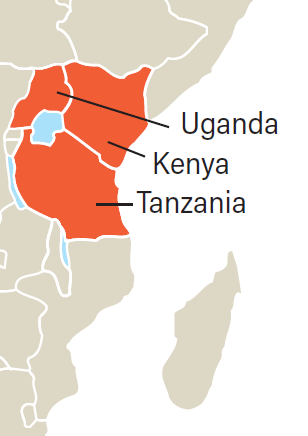
Uganda
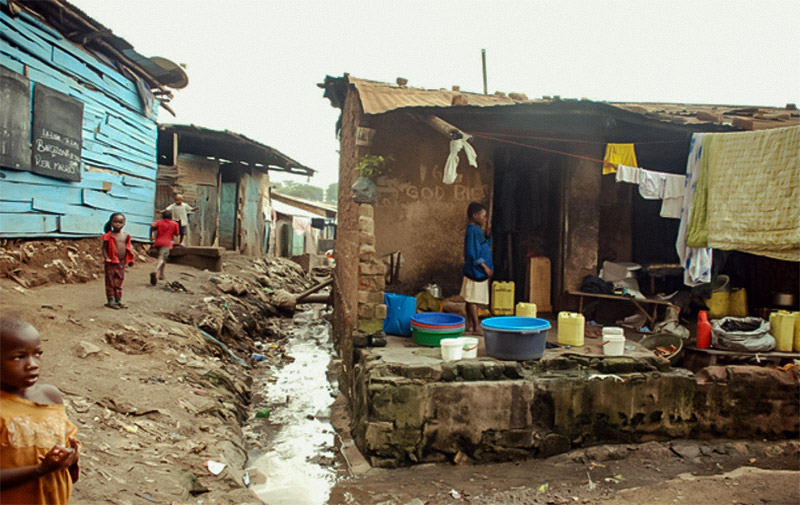
Although Uganda is rural, with only 18% urbanized land, it is among the most rapidly urbanizing countries in sub-Saharan Africa. According to World Bank indicators, 53.6% of Uganda’s urban population was living in slums as of 2015. To meet nutrition and WASH challenges, among others, the Ugandan government and partnering organizations have made progress developing policies and strategies that address the urban poor. The assessment findings highlight additional gaps and opportunities to use evidence to inform action.
Source: Uganda Country Brief
Kenya
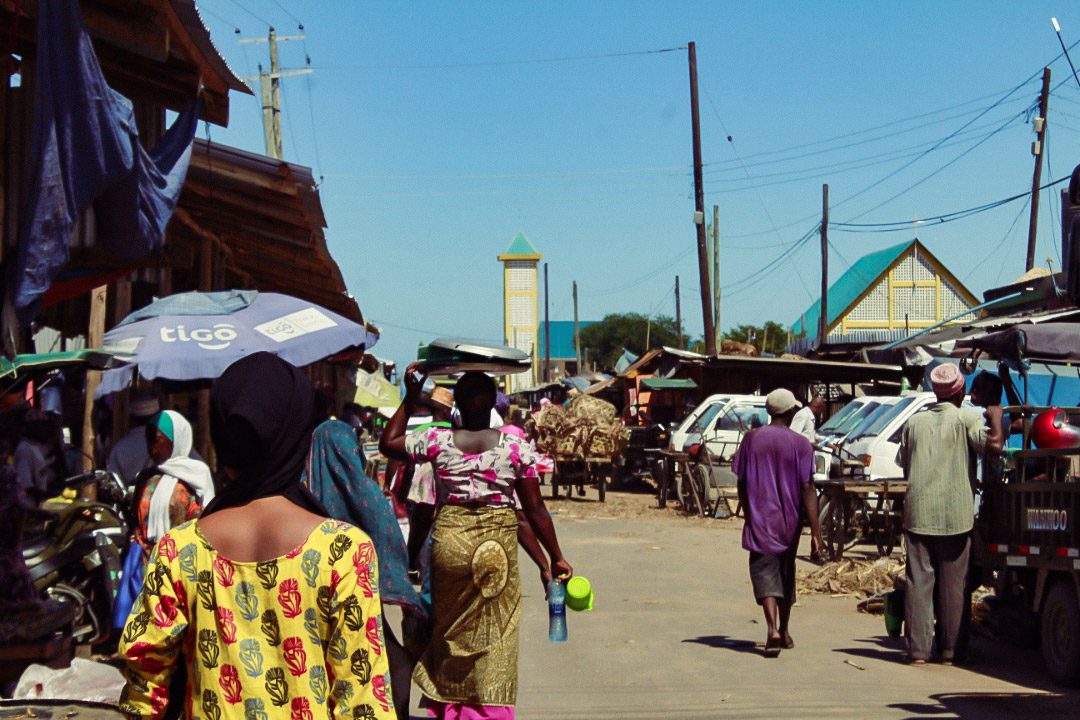
Kenya’s urban population is rapidly increasing, with approximately 32% of the population residing in urban areas. This increase has put pressure on basic facilities such as water, sanitation, security, housing and transportation. In Nairobi, over half of the population resides in slums. The assessment findings reinforce the range of challenges facing poor urban children and adolescents. While there is relatively more evidence, data and a more supportive policy environment than in other countries in the region, opportunities remain to use information to inform action—especially for adolescents.
Source: Kenya Country Brief
Tanzania
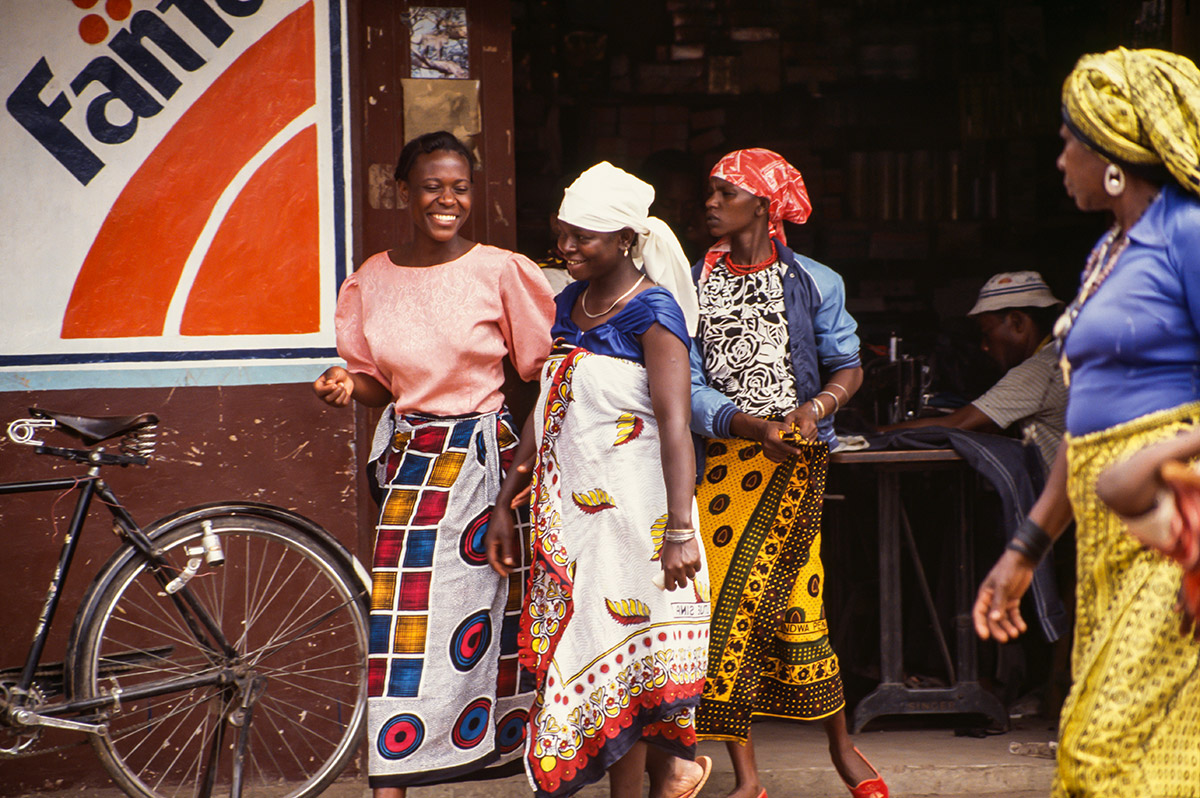
Tanzania’s rapid rate of urbanization has resulted in a high proportion (60%) of people living in informal settlements. It is estimated that more than half of the population (55.40 to 63.12%) will live in an urban area by 2030. The drivers of rural-urban migration are employment opportunities and higher education, as well as rural youths being drawn to an urban lifestyle. To address nutrition and WASH challenges, the assessment findings identify gaps and opportunities to use evidence to inform action.
Source: Tanzania Country Brief
Project Partners
The Implementation Science Collaboration on Urban Health in East Africa was born out of the initial roundtable consultation hosted by the East, Central and Southern African Health Community.
The composition of partners (see below) includes a sub-regional policy platform, a program platform, and research and community partners in each of the three countries. The Center for Immigrant, Refugee, and Global Health (CIRGH) served as a Global Technical Anchor, providing technical and managerial support for the effort.
Informing Policy & Practice
Regional Commitments & Actions
Multiple engagments at the ECSA-HC Best Practices Forum and additional consultation paved the way for the 2018 ECSA-HC Health Ministers resolution on Governance and Equity-oriented Policies for Urban Health. Read more about the consultative process and stakeholder engagement in the Partnership Approach and Results brief.
The Resolution Urges Member States to:
- Establish or strengthen formal frameworks for multisectoral engagements to improve delivery of urban health services;
- Embed implementation research into urban health policy and program to inform ongoing decision making;
- Mainstream health equity aspects in all sectors’ policies and plans; and
- Strengthen urban health systems to respond to the dynamics and specific needs of urban populations.
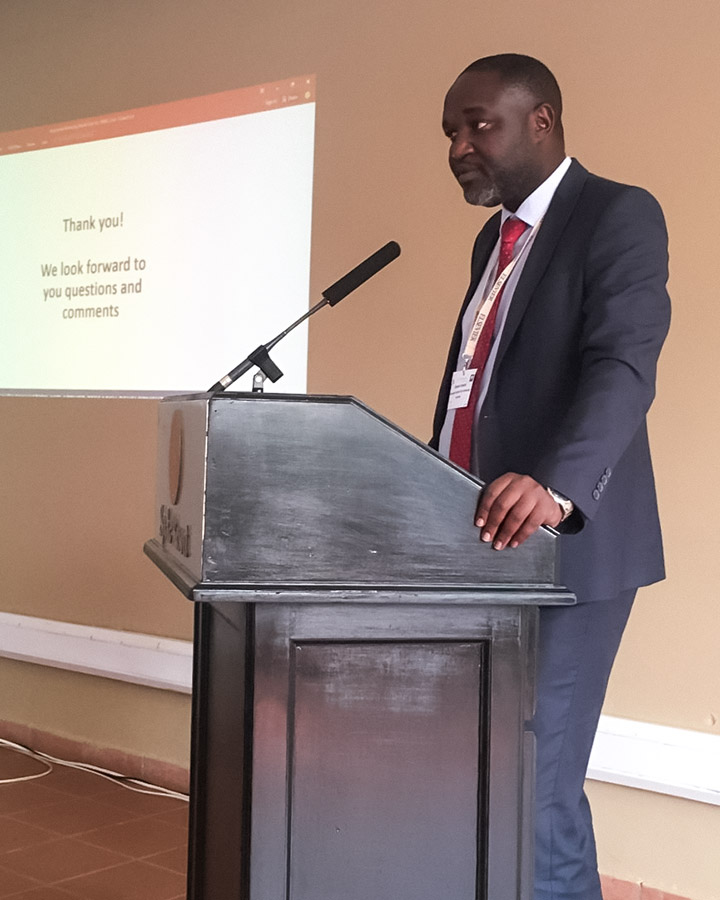
The following are examples of how the assessment informed action at the country level:
| Country | Policy | Program | Research |
|---|---|---|---|
| Tanzania |
Ministry of Health, Community Development, Gender, Elderly and Children (MoHCDGEC) requested study materials to assist with priority and budget development for 2021. Multisectoral Nutrition Action Plan (MNAP) 2021-25 to include needs of the urban poor. |
National Bureau of Statistics intends to include urban slum samples & DHS team has consulted IHI; Canadian Embassy to add urban vulnerable populations to their annual plan and are looking to partner with IHI to implement activities around urban health nutrition and WASH. | IHI secured UNICEF funding to assess adolescent materal health and nutrition in Mbeya using an IS approach; and have secured additional resources for new Sustainable Cities work in Dar es Salaam and Dodoma. |
| Uganda |
Catalyzed policy development in urban health and solid waste management and plans to revise nutrition/WASH policies to reflect urban poor. Interest by Ministry of Education on cross-sector discussions. |
More openness among practitioners about what organizations are doing and where to avoid duplication of services and appreciation of the need for multi-sectoral approaches to health. | Given solid waste management challenges due to absence of policy framework, IDI is partnering with UNACOH, KCCA and Makerere University Schools of Law and Public Health to apply for a grant to study the solid waste management in Kampala. |
| Kenya |
Advanced dialogue in the area of adolescent nutntion, school feeding and optimization of WASH in community/schools. Despite existing nutrition and WASH policies, efforts are needed to strengthen the capacity of institutions to implement. |
Growing focus on adolescent nutrition in programming; the case study uncovered issues with the school feeding program and a dearth of toilets for urban schools, which are being followed-up. |
APHRC is working on proposals to improve nutrition in urban poor settings. The Ministry of Health is planning to undertake a national adolescent survey that will capture nutrition and WASH indicators. |
Resources
Reports generated by the Implementation Science Collaboration on Urban Health in East Africa
East Africa Urban Health Landscape Analysis
Round Table Consultation Report
Urban Health East Africa Assessment Plan
Resolution to address urban health with implementation research
Synthesis Briefs
Partnership and Approach Results Brief
Gaps, Opportunities, and Recommendations Brief
External Resources
Join the International Society of Urban Health
Join USAID’s Urban Health in sub-Saharan Africa Community of Practice
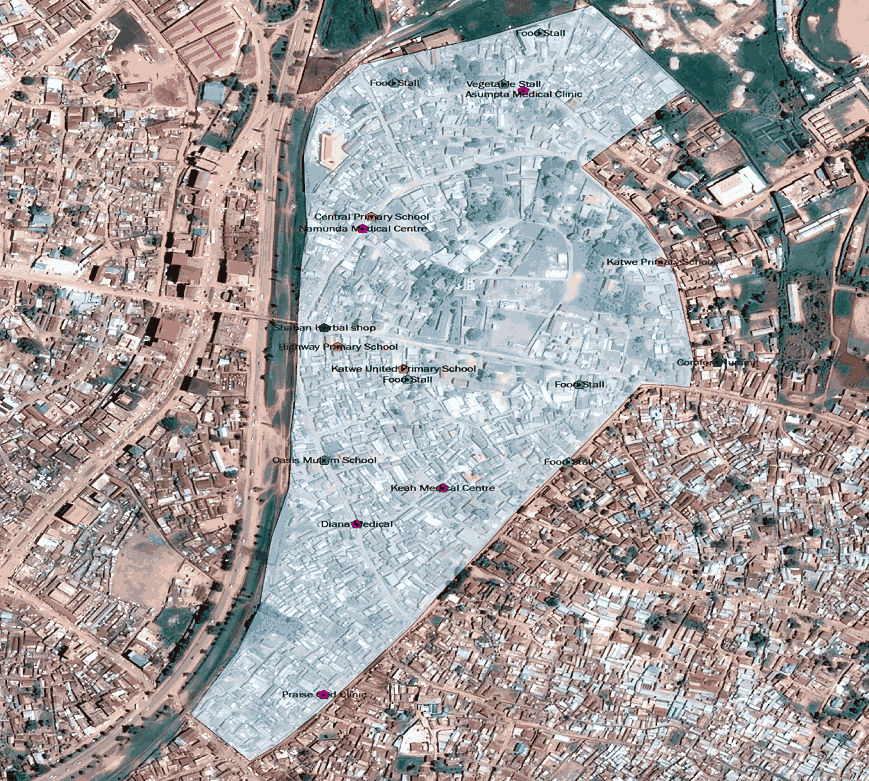
Timeline of Events
